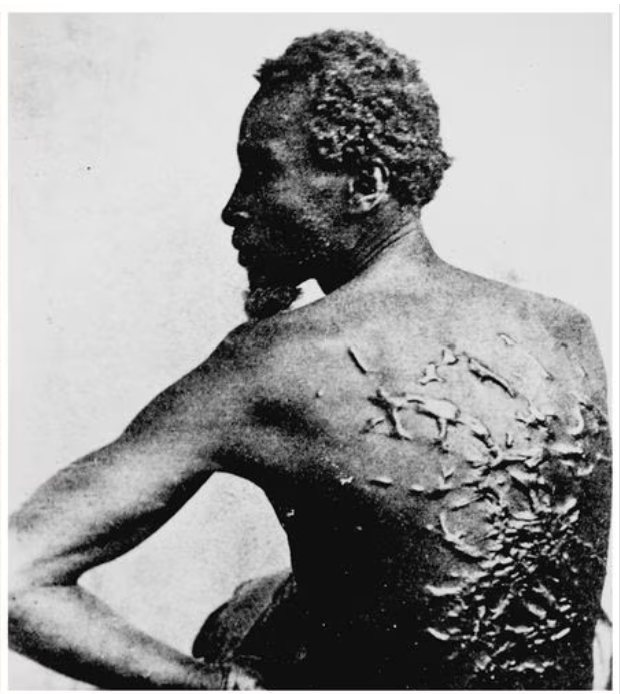Our nation’s past is filled with stories of triumphs, but what about those times of oppression, darkness, and despair? What about the most horrid chapter of them all – the institution of slavery in the United States? This narrative demands to be confronted in a time of cruelty, inhumanity, and profound injustice. In no stretch of the imagination can anyone find benefits or justification for the enslaved people brought here against their will. We must face the harsh truths that have shaped our nation. History will constantly reverberate through the corridors of time; those ripples cannot be stopped. Where are the benefits of these harsh realities?
- Slavery was a brutal system where millions of African people were forcibly brought to the United States and subjected to inhumane treatment.
- Slaves were considered property, devoid of basic human rights, and were bought and sold like commodities.
- Families were often torn apart as slave owners could separate spouses, parents, and children at will.
- Slaves endured harsh physical labor, often in extreme conditions, with no compensation.
- The psychological trauma inflicted on slaves due to abuse, violence, and constant dehumanization was immense.
- Slave owners used violence and punishment as a means of control, employing methods like whippings and other forms of torture.
- Many slave owners justified their actions through racist ideologies, claiming that African Americans were inferior.
- Slaves were denied education and the right to read and write, keeping them in a cycle of ignorance and dependence.
- The legacy of slavery has contributed to systemic racism, inequality, and discrimination that persist to this day.
- Slavery’s economic impact on the United States was substantial, with Southern economies heavily reliant on slave labor.
- The abolition of slavery didn’t lead to immediate equality; discriminatory laws and practices persisted long after its formal end.
- Slave uprisings and resistance were met with severe repression and further violence from authorities.
- The Underground Railroad played a crucial role in helping some slaves escape to freedom, highlighting the need to escape oppression.
- The long-lasting effects of slavery are evident in the ongoing disparities in wealth, education, and health among African Americans.
- Slavery perpetuated harmful stereotypes that still influence perceptions and attitudes towards African Americans today.
- Many aspects of American society, including its architecture, culture, and economy, were shaped by the labor and suffering of slaves.
- Even after slavery’s abolition, sharecropping and convict leasing exploited former slaves, maintaining a cycle of economic dependence.
- The brutality of slavery is often downplayed or omitted from historical narratives, minimizing the true extent of the suffering endured.
- The legacy of slavery also affected indigenous populations, as it contributed to displacement and violence against Native Americans.
- Punishment for those wanting freedom, torture or death by any means available to slave owner.
Who benefits and who suffers and has suffered?
